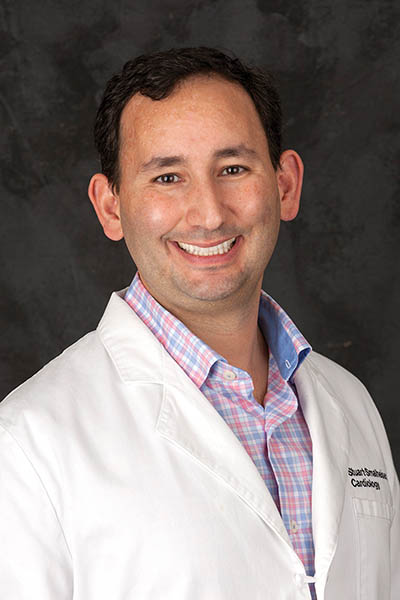
Heart disease is the No. 1 cause of death among women in the United States. Yet only 50% of women recognize this.
So why do women continue to overlook heart disease?
“In the past, all the research was focused on older men,” says Dr. Stuart Smalheiser, board-certified cardiologist at Beaufort Memorial. “But it’s not just a man’s disease. More women die of heart disease than anything else.”
Heart Attack Warning Signs in Women
While women typically are faster than men to visit a doctor if they don’t feel well, they are slower to seek medical attention when they experience warning signs of a heart attack.
“They arrive at the emergency room later in the process than men,” Dr. Smalheiser says. “It could be that they don’t pick up the warning signs when they have an event because they have more atypical symptoms.”
Women are more likely to experience symptoms such as shortness of breath and tightness or discomfort in the center of the chest. The symptoms of heart attack that are specific to women are:
- Pain in the back, neck, jaw or throat
- Indigestion
- Heartburn
- Nausea (feeling sick to the stomach)
- Vomiting
- Extreme fatigue (tiredness)
- Problems breathing (shortness of breath)
Read More: Attention, Ladies! Classic Heart Attack Signs Are Not Always So ‘Classic’
Prevention Is Key
On the plus side, women do tend to be more aggressive about preventive care.
“Whether you’re a man or a woman, you have to do the same things to reduce your risk of heart disease,” Dr. Smalheiser says. “That includes controlling your diet, exercising, reducing stress and working on risk factors like high blood pressure and high cholesterol. Once you have heart disease, those lifestyle changes are even more important to prevent a recurrent event.”
Read More: Shawna Doran: Marching to a Different Beat
Addressing other related health conditions can also lower your risk for heart attack. These include:
- Chronic kidney disease
- Diabetes
- High blood pressure
- High cholesterol
- Peripheral artery disease

Your primary care provider (PCP) is an important partner in managing your risk of heart disease. If you need a PCP, find a provider who is accepting new patients.

